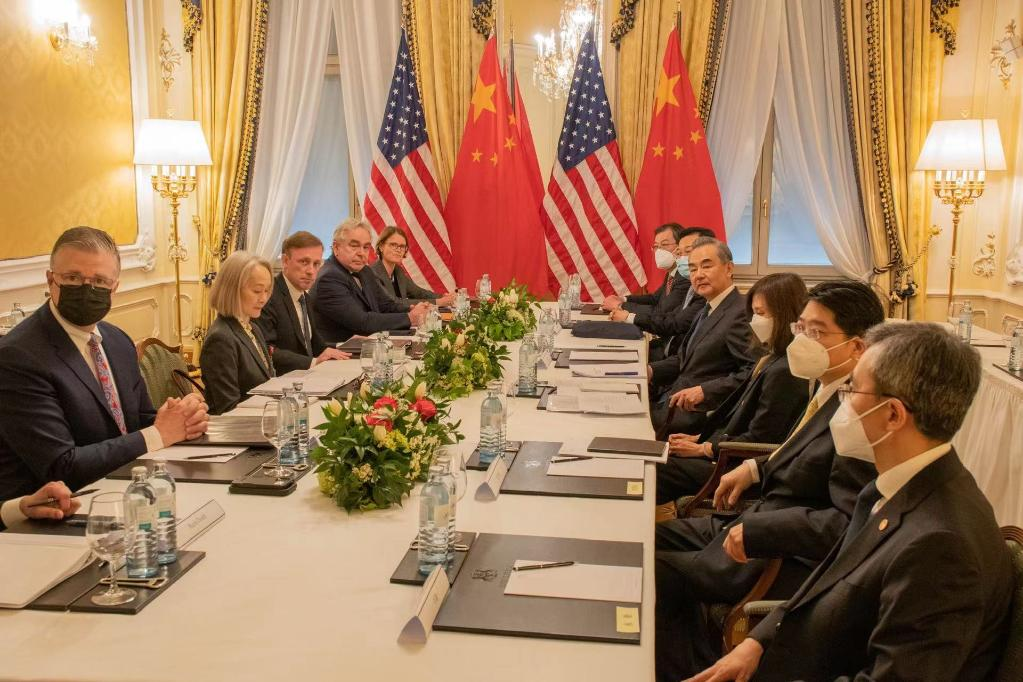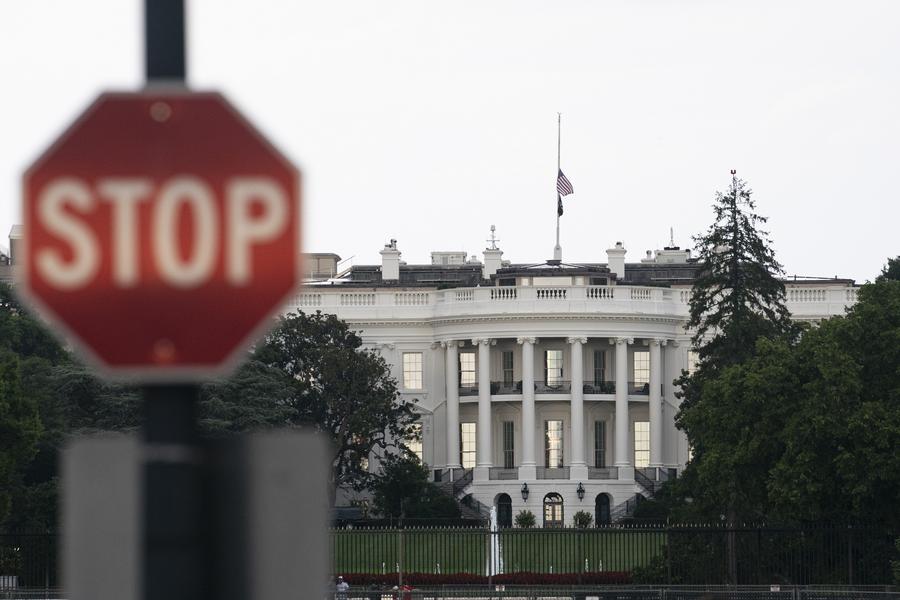Israel and Iran traded threats on Tuesday after Tehran’s first-ever direct attack on Israel heightened regional tensions as the conflict in Gaza continues with no truce in sight.
Israeli military spokesman Rear Admiral Daniel Hagari said Iran would not get off “scot-free” after Tehran and its allies launched a barrage of over 300 missiles, drones and rockets at Israel at the weekend.
“We cannot stand still from this kind of aggression,” Hagari said, a day after Israel’s military chief vowed there would be “a response” to Iran’s offensive.
Iran said its attack was an act of self-defense following a deadly Israeli air strike on its consulate in Syria, and that it would consider the matter “concluded” unless Israel retaliated.
Iranian President Ebrahim Raisi warned that “the slightest action against Iran’s interests will definitely be met with a severe, extensive and painful response.”
The White House on Tuesday announced new sanctions on Iran, with measures targeting the Islamic Republic’s missile and drone program.
“In the coming days, the United States will impose new sanctions targeting Iran, including its missile and drone program as well as new sanctions against entities supporting the Islamic Revolutionary Guard Corps (IRGC) and Iran’s Defense Ministry,” U.S. National Security Advisor Jake Sullivan said in a statement.
Meanwhile, multiple countries, including China, Russia and the UK, have urged restraint and de-escalation.
Despite the regional tensions, Israel has continued to bomb targets in Gaza, which has been largely devastated by more than six months of fighting and a siege on its 2.4 million people.
Israeli tanks pushed back into parts of the northern Gaza Strip on Tuesday which they had left weeks ago, while warplanes conducted air strikes on Rafah, the Palestinians’ last refuge in the south of the territory, killing and wounding several people, Palestinian medics and residents said.
Israeli Prime Minister Benjamin Netanyahu told new army recruits on Tuesday that Israeli forces were fighting Hamas “without mercy.”
After more than six months of fighting, there is still no sign of any breakthrough in talks led by Qatar and Egypt to clinch a ceasefire deal in Gaza, as Israel and Hamas stick to their mutually irreconcilable conditions.
While there is still a long way to go to realize a truce plan, Israel and the UN agencies contradicted with each other on the amount of humanitarian aid now entering Gaza. Israel and the U.S. said the aid flows have risen in recent days, but UN agencies said it is still far below bare minimum levels.
Israel’s military said it had facilitated the entry of 126 trucks into northern Gaza late on Monday from the south. It also said it was working in collaboration with the World Food Program (WFP) to facilitate the opening of two more bakeries in northern Gaza after the first began operations on Monday with WFP help.
The UN agency for Palestinian refugees, UNRWA, said there had been “no significant change” in the amount of humanitarian relief entering Gaza, even after the International Court of Justice ordered Israel to allow in more aid.
The UN said it would launch an appeal on Wednesday for $2.8 billion to help Gaza, as well as the West Bank.
Source(s): CGTN

 News5 days ago
News5 days ago
 World6 days ago
World6 days ago
 News2 days ago
News2 days ago
 World6 days ago
World6 days ago
 Travel & Culture4 days ago
Travel & Culture4 days ago
 Sports3 days ago
Sports3 days ago
 News4 days ago
News4 days ago
 Travel & Culture3 days ago
Travel & Culture3 days ago


















